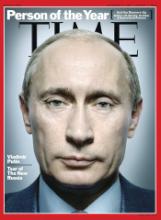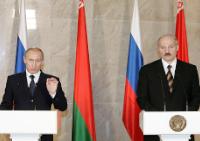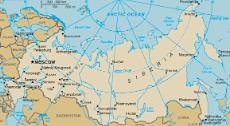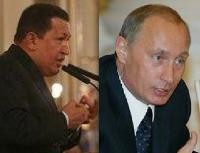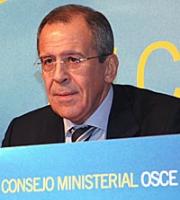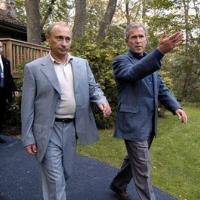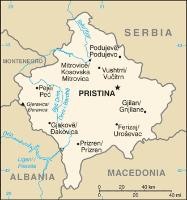
On Dec. 10, the mediators responsible for managing the U.N.-supervised negotiations over Kosovo’s final status reported to the U.N. Security Council that they had failed to overcome the differences separating the Serbian government and Kosovo’s ethnic Albanian majority. “Neither party was willing to cede its position on the fundamental question of sovereignty over Kosovo,” the mediators reported. Kosovo’s political leaders then announced they would declare independence in early 2008 even without the approval of the United Nations or the Serbian government, which is prepared to offer its nominal province substantial autonomy but not independence. At the end of the Dec. […]

